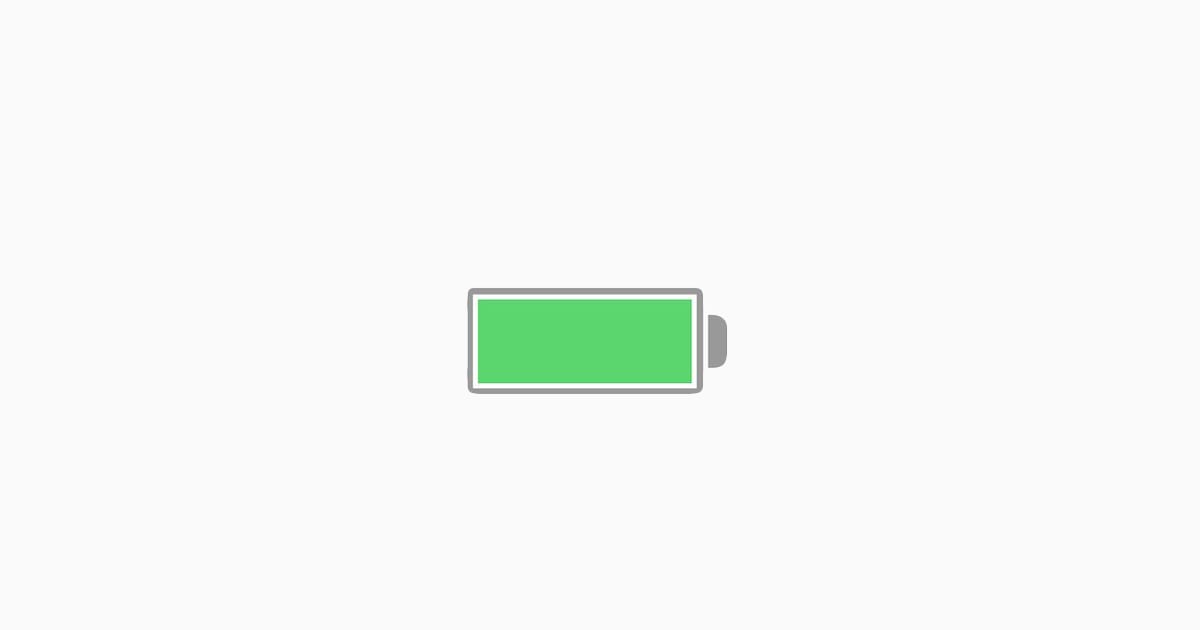iPhoneros reports that Spain’s Organization of Consumers and Users (OCU) has demanded compensation from Apple for allegedly slowing down iPhones in the iOS 14.5, iOS 14.5.1, and iOS 14.6 updates. Users of iPhone 12, 11, 8, and XS reported throttling issues after updating their smartphones to the aforementioned iOS updates.
Previously, Apple settled the infamous batterygate lawsuits to settle claims that the company deliberately slowed down older iPhone models to force users to upgrade to newer ones. The settlement included iPhone 6, 6 Plus, 6s Plus, and iPhone SE on iOS 10.2.1 or later, and iPhone 7 and 7 Plus on iOS 11.2 or later. But this is the first incident when newer iPhone models are allegedly showing performance issues.

The latest iPhone 12 is amongst the affected models which dropped in performance after installing iOS 14.5
As reported, the performance of affected iPhones models declined after a software update.
On July 9, OCU, together with Altroconsumo, Deco Proteste, and Test-Achats, sent a letter to Apple asking the company to explain the published reports on the lack of performance experienced by users of the iPhones 12, 11, 8 series. and XS after IOS 14.5, 14.5.1 14.6 updates. These updates have significantly damaged consumer devices, causing their processing speed to drop dramatically and the battery draining faster, reports numerous media outlets, both tech and non-tech.
Therefore, hoping to start a meaningful conversation on the issue, OCU has sent a letter to Apple but warns that if the answer is unsatisfactory, the matter will be taken to court.
The letter sent aims to initiate a dialogue with Apple to establish a way to compensate consumers. In the absence of an adequate response, other actions will be considered before national courts to enforce consumer rights.

The publisher explains that every component has a life span, regardless of its usage. After a time all batteries start to lose their juice and do not give the power required for more consuming apps. In that case, Apple throttling the device is not a solution.
In that case, what Apple does is lower the clock speed of the CPU so that that peak of maximum power does not suppose a peak of energy that the battery cannot supply, and thus, avoids problems such as the iPhone turning off unexpectedly. It is better to have a slower iPhone than a powered off iPhone.It was a huge communication failure , which they have paid for with lost lawsuits accusing them of planned obsolescence.